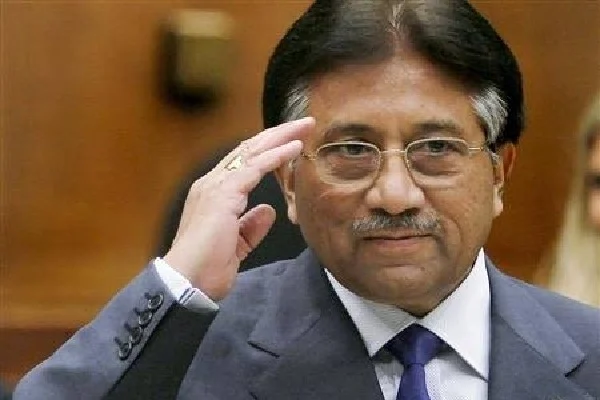In a significant development, Pakistan’s Supreme Court has upheld the death sentence of the late former military ruler and President Pervez Musharraf in a high treason case related to his unconstitutional declaration of emergency in November 2007. Despite Musharraf’s demise on February 5, 2023, the court’s decision holds historical and judicial implications.
The four-member bench, led by Chief Justice Qazi Faez Isa and comprising Justices Mansoor Ali Shah, Ameenuddin Khan, and Athar Minallah, delivered the verdict on Wednesday. The judgement affirmed the special court’s decision under Article 6 of the Constitution, sentencing Musharraf to death on December 17, 2019.
Pervez Musharraf’s decision to declare an emergency in 2007 during his tenure as the military ruler led to the high treason case. The case gained momentum under the Pakistan Muslim League-Nawaz (PML-N) government, ultimately resulting in the sentencing of Musharraf for his unconstitutional actions.
While the Lahore High Court (LHC) initially deemed the special court’s verdict as “unconstitutional” on January 13, 2020, the decision faced challenges from various quarters, including the Pakistan Bar Council and senior lawyers like Taufeeq Asif. However, the Supreme Court’s recent decision reaffirms the gravity of Musharraf’s actions and the accountability process.
Notably, Musharraf filed an appeal against the special court’s majority judgment in 2019. The Supreme Court, even after Musharraf’s death, decided to hear the appeal on November 10, signaling the continuation of legal proceedings despite the demise of the accused.
During the hearing, the Supreme Court raised concerns about the non-compliance and lack of engagement from Musharraf’s heirs in following the case. The court pointed out that accountability should extend to all individuals, including judges, who validated the martial law imposed by Musharraf on October 12, 1999.
In a noteworthy remark during a previous hearing on November 29, 2023, Chief Justice Qazi Faez Isa emphasized the importance of learning from history. He urged acknowledgment of the wrongs committed in the past, even if not everyone faced punishment for abrogating the constitution.
The Supreme Court’s decision to uphold Pervez Musharraf’s death sentence, despite his passing, underscores the commitment to accountability and constitutional principles. It raises questions about how the judicial system navigates posthumous cases and the broader implications for the country’s legal and political landscape.
As Pakistan reflects on its history and grapples with the accountability of past actions, the Supreme Court’s stance on Musharraf’s case becomes a pivotal moment in the nation’s judicial narrative. The legacy of the late former military ruler continues to shape discussions on constitutional governance and the rule of law in Pakistan.













